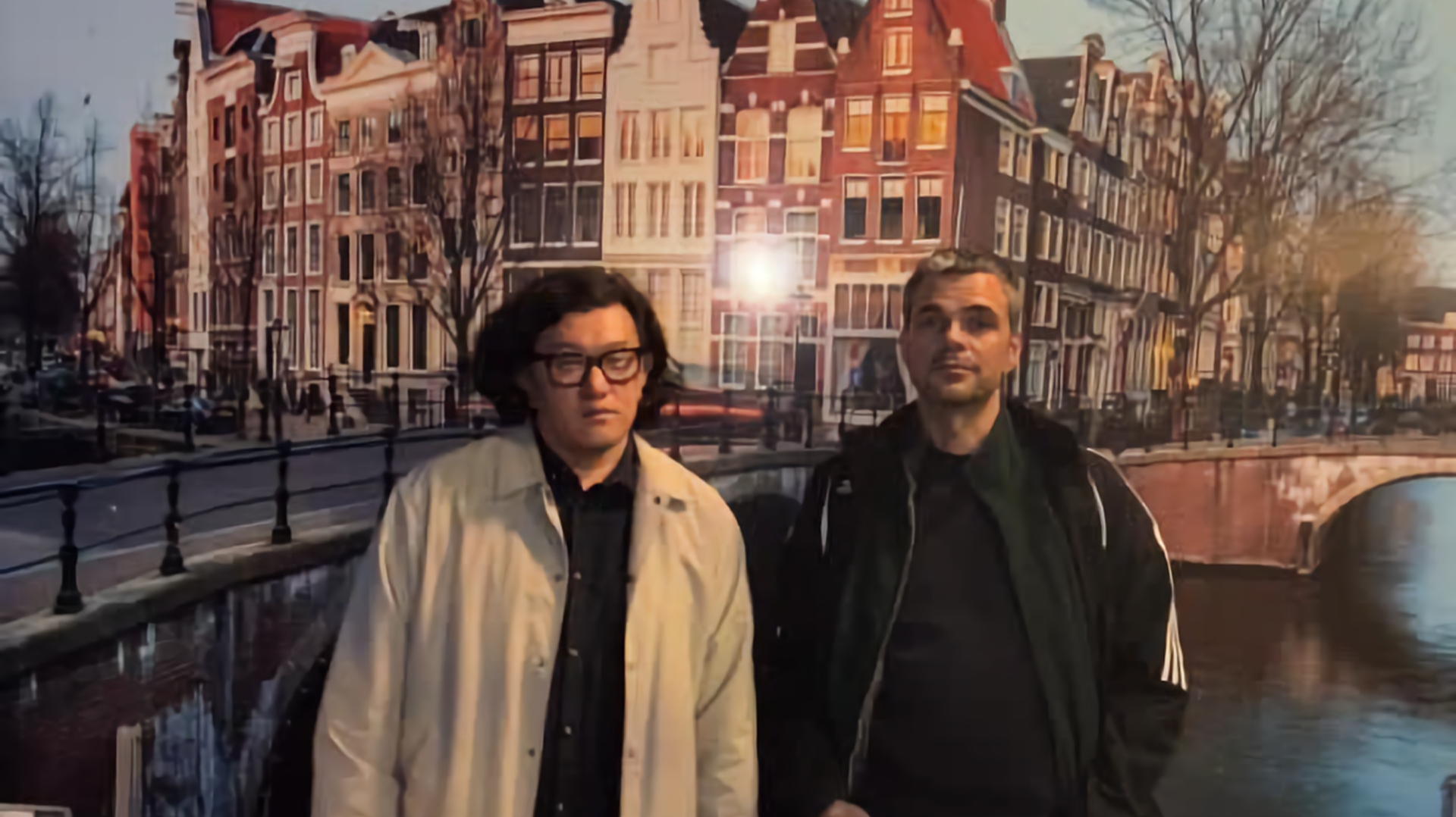Were your performances perceived differently in America versus England or France? Did you have greater shock value there? I was four in 2008, so I unfortunately missed those dates.
Quentin: I think that the further you are from home, and the greater your performances are received. For example, in Australia, or in Mexico, we felt like rock stars really because we played huge stages in real festivals, and at some point on stage you’re realizing that you’re doing the same thing as bands you grew up with, it’s crazy. England is always a great audience, I think because they’re always ready to party. In America, it was also always very nice to play there, we had a lot of fans. And in France, well … it’s weird because it’s where we’re from, but it wasn’t very going crazy for us, we played some gigs of course, it was very nice, but for example we didn’t do any big festivals there, and our agent was telling us that all the promoters were telling him that we needed to confirm before. But US or UK bands didn’t need confirmation, so I don’t know, I never really understood how we were perceived in France. You have stats on Spotify about where your listeners are from, and I think Paris is like number 25…
Dorian: So true, the further we were, the better we were welcomed, but I think anywhere there was always a shock value because we have never been a traditional indie band. As for our cold reception in France, we never did music for the French so the price to pay was not being welcomed by our peers, and we were never played on the radio which was very important then here—but it’s OK, the whole world welcomed us with open arms and room-temperature vodka.
You’ve hinted at being more well-behaved as teenagers than people might assume. When you were writing, did you feel like you were stepping into character?
Dorian: I would say that we’re educated, but well behaved, I’m not sure ha ha. We’re nice people of course, but I don't think we were the easiest band to deal with on tour for example. And yeah, I feel it's mixed, we’re not characters but what's important to me is that we were never too serious. I think that when it's too serious, it gets boring.
Quentin: Yeah there was always a part of the writing that was some idealized and fantasized version of our lives mixed with who we truly are but yeah in our everyday lives we are not out of control, we are very well adjusted—and some might even say we are angels.
Did Matt Irwin shoot the Reality Check cover specifically for the album, or was it taken prior? Who is that couple?
Dorian: Yep, it was an organized shooting for the artwork of Reality Check. We loved his work and we are happy he accepted to work with us on this cover. Felt sad when we found out about his death, really. The girl is in our “Homecoming” video too, Quentin met her partying in London and she looked so cool. The boy was a model I think, don't really remember to be fair.
Quentin: Yes we loved Matt’s work at Dazed and really wanted him to shoot the artwork. He was very in demand and super busy at the time but agreed to do it in the end. We wanted to have this teenage couple kissing in front of some wall covered in vegetation. That was the brief. It was shot at the house of the guy who signed us (Milo at Merok Records) in Dalston and it was wrapped in one hour tops. No, actually it was Matt who introduced us to Shona—who ended up being the number one girl in the “Homecoming” video! I don’t think she was a party girl, Vanja and Chelsea from the video were my friends from the streets lol.
Why do you think Gen Z has embraced your music? Apart from it being great, I can’t decide. I think my generation longs for a freer, more debauched era, and they wish they could’ve been present for your rise. You also captured the unique feeling of teenage loserdom— avoiding Orlando Bloom movies because a girl fancied him, or dedicating a song to your celebrity crush. Some of your songs are timelessly sad. “III” is pretty eternal. I definitely feel like I don’t know anything.
Dorian: Like you said, we have a lot of Gen Z people telling us that they wish they lived our era, and went to our parties in 2008. I’m not gonna lie, times were easier, the world was going a bit better and people worried less in general about the state of the world. People were partying hard really, it was all for the fun, and social media was new and fresh, people were talking to each other about new bands, about culture, about anything and it was exciting, as now they're fighting about everything. We hope that they can feel like they were there when they listen to our music or watch videos.
Quentin: Yes, it’s a mix. First, yes it’s great thank you, also it’s strangely timeless as we did capture that adolescent bedroom boredom fantasy but at the same time I think we also embody that era, 2005-2010, that seemed more free and I think it was on some level—social media was more innocent and less omnipotent to start with. But we tend to idolize the past, it wasn’t perfect at all back then, I feel bullying was really normalized and celebrity culture was extremely toxic for example. If you look at what Britney or Lindsay Lohan endured, it is hard to understand it today.
